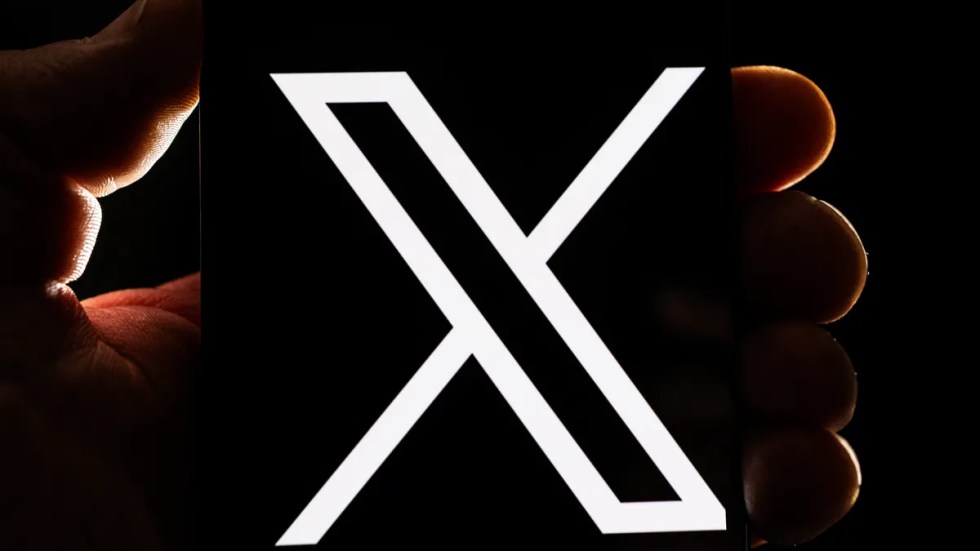After two well-known Ethereum Foundation researchers, Justin Drake and Dankrad Feist, revealed their engagement with EigenLayer, the Ethereum (ETH) community is in a whirl. Although this restaking technology has become a possible game-changer in the Ethereum ecosystem, the rich advisory positions of the researchers have raised questions about conflicts of interest.
Transparency Or Self-Serving? The Disclosure Debate
The drama happened on a social media platform once called Twitter (X). Emphasising openness and the need of the community being informed, Drake, on May 18th, revealed his advisory post at EigenLayer.
I recently became an advisor to the EigenFoundation. I feel the community deserves transparency so here is an extended disclosure :)
1) The advisorship comes with a significant EIGEN token incentive which could easily be worth more than the combined value of all my other assets…
— Justin Ðrake 🦇🔊 (@drakefjustin) May 19, 2024
He even promised to spend all earnings from the position back into the Ethereum ecosystem. Some say this action shows a dedication to keep neutrality.
Together with Justin Drake, I have recently decided to become an advisor to Eigenlayer, on the same conditions — I am taking this position personally, not representing the Ethereum Foundation, and with a focus on risks and decentralization. I am therefore fully expected to take…
— Dankrad Feist (@dankrad) May 21, 2024
But Feist’s disclosure on May 19th lacked the same dedication. He stressed his job is personal and independent of the Ethereum Foundation, however he made no reference to reinvesting his “significant amount” of Eigen tokens. This disparity has spurred conjecture on the actual reasons underlying these engagements.
Crypto Twitter Erupts
The disclosures rocked the crypto Twitterverse. Not wasting any time, influential crypto trader Jordan Fish, sometimes known as Cobie, tweeted aimed at Ethereum co-founder Vitalik Buterin.
The tweet asked on the moral consequences of such setups. Particularly when those projects can have objectives that contradict the fundamental ideals of the original platform, can academics working for the very basis of a blockchain get major payback from initiatives established on that blockchain?
Though Buterin said nothing about the matter, the question spoke to the community profoundly. In any field, including this one, the possibility of financial gain to affect study objectivity is a serious issue; blockchain is not exception.
Trust And Innovation In The Wild West Of DeFi
Further remarks have not yet come from the Ethereum Foundation or the engaged researchers. This quiet feeds the fire of mistrust. But the circumstances also draw attention to the continuous fight to uphold openness and trust inside the fast changing realm of Decentralised Finance (DeFi).
On the one hand, the constant expansion of the Ethereum ecosystem depends on encouraging creativity. With its restaking powers, EigenLayer might open fresh opportunities for the platform.
Ensuring the integrity of research and development is therefore absolutely vital. Should financial incentives from initiatives with perhaps contradictory objectives influence researchers, the whole ecosystem might be damaged.
The Ethereum Foundation will rely much on the next days and weeks. Their handling of these issues and negotiating this ethical tightrope will decide whether this episode stays a minor annoyance on the road or a turning moment for Ethereum community confidence.
Featured image from Quartz, chart from TradingView
